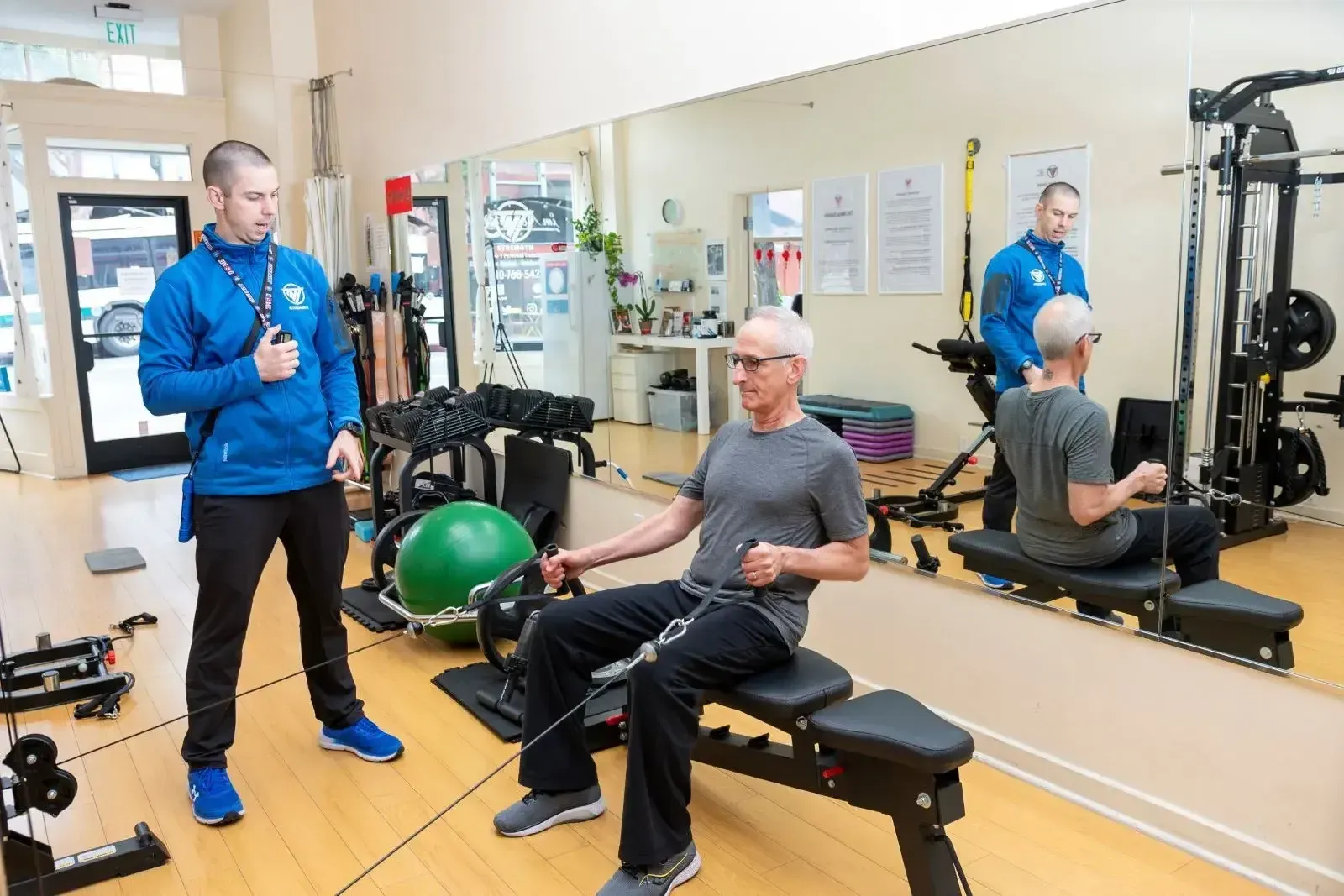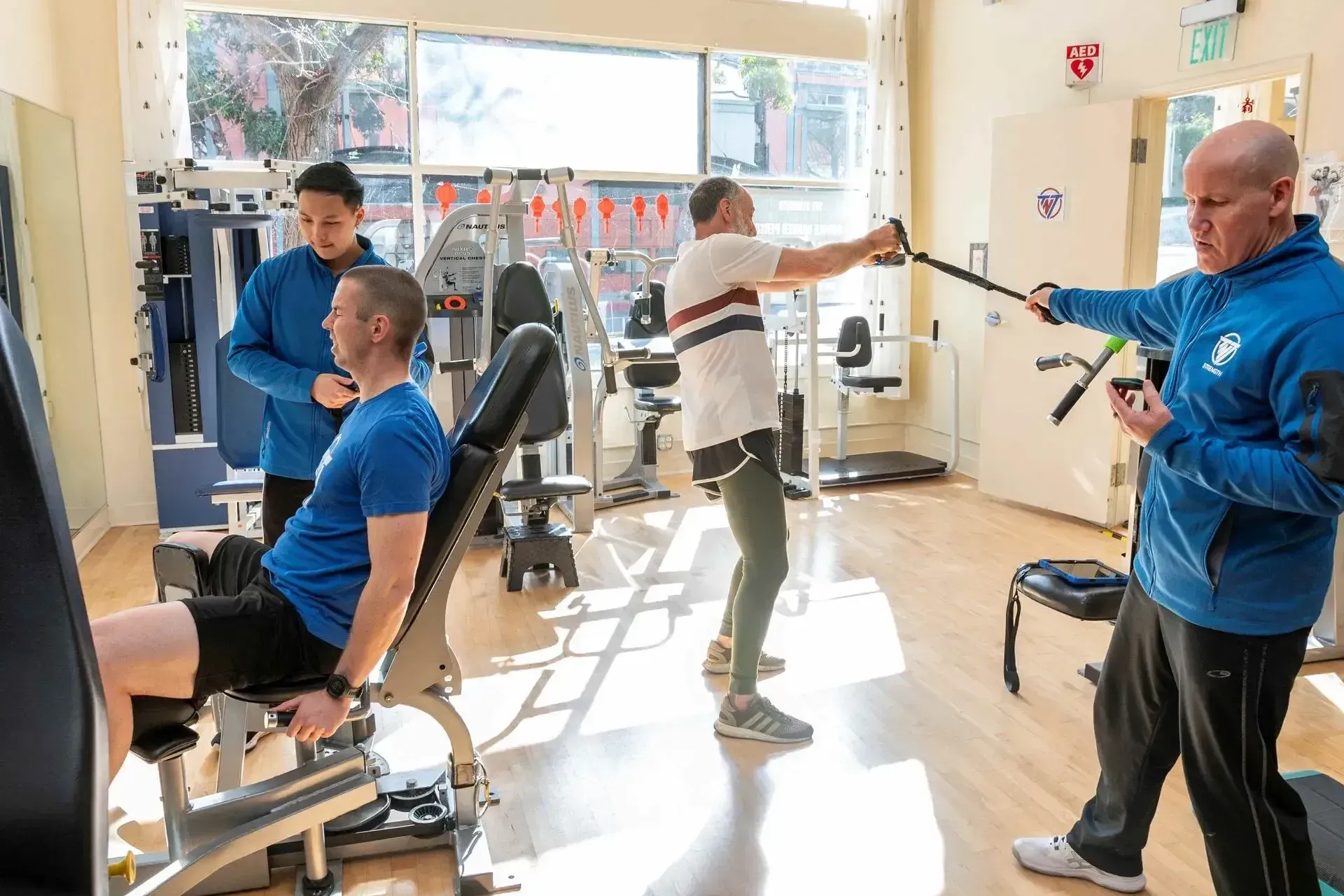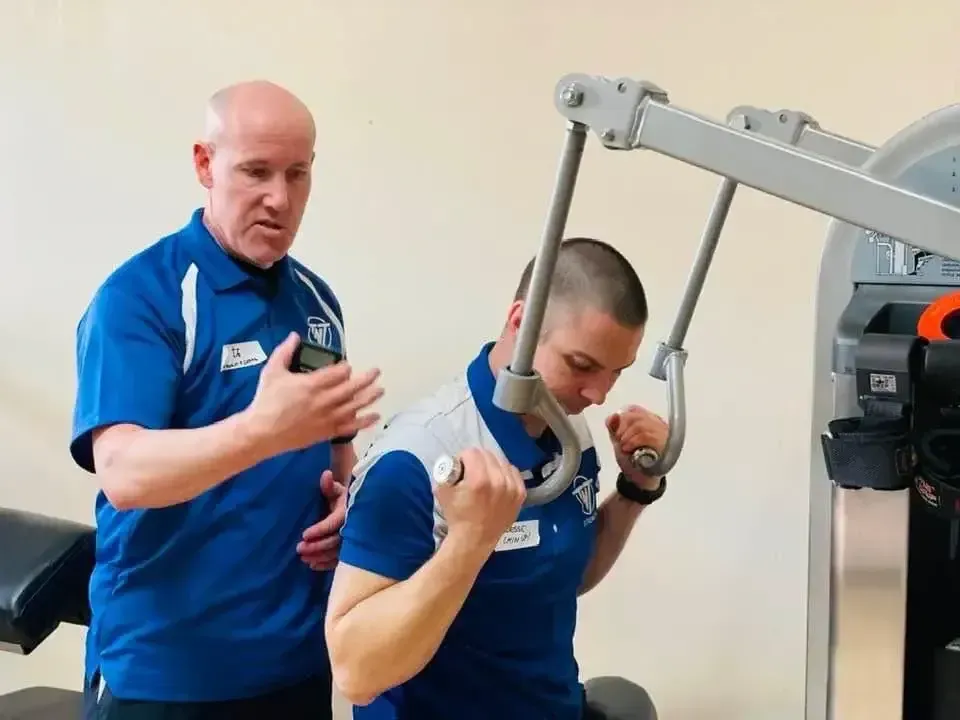3 phases to strength development:
There are 3 phases to an athletes’ strength development:
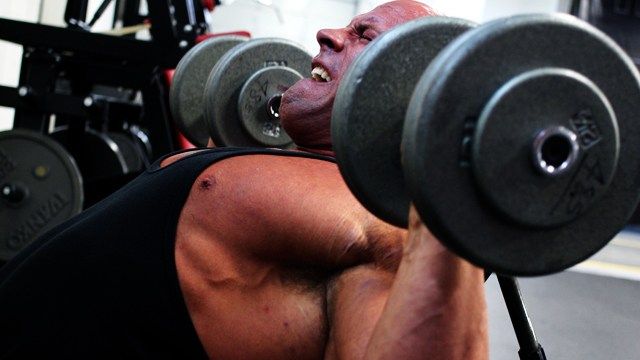
Phase # 1 - This is the stimulation phase. It is necessary for the athlete to perform exercises that are challenging. We recommend training to voltional fatigue (sometimes referred to as momentary muscular failure) in order to trigger the strength and growth mechanism. Once strength and growth are triggered through proper stimulation, it cannot be triggered anymore for that training session.
Phase # 2- This is the Recovery phase. Recovery is necessary after stimulation has occurred. Recovery should be as short as possible. In order to keep the recovery short, the athlete must train with the least amount of sets possible preferably one set per exercise after the athlete learns to train intensely and is at the appropriate level. This will make the program more efficient.
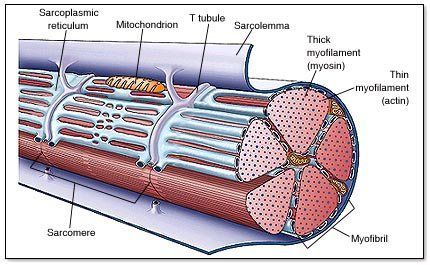
Phase # 3- This is the growth phase. This phase will begin after the recovery phase is complete. Growth and strength will occur at the same time. On a proper set / rep scheme, a larger muscle is a stronger muscle. It is important to keep the growth phase as long as possible. In order to do this an athlete should train each body part less often. Strength and growth will follow recovery if during the training session you progressed in strength, either by performing more reps in an exercise than the previous workout or by lifting more weight in an exercise than the previous time you performed a set of that particular exercise.

T.N.T. Fitness maintains that an athlete should have more days off than training days. This will ensure a longer growth phase. If an athlete trains again before the recovery phase ends, it will put them back into recovery again and if this repeats many times, the strength and growth phase will never occur and the athlete will be in an over-trained state that could take time to get out of.

Productive training means doing enough to get all 3 phases working properly. Efficient training will occur by spending less time training. Coaches need to take all these phases into account for each athlete. Each athlete will eventually be on his or her own individual program. This takes work but is well worth it.
TAKU
Experience the TNT Strength difference with a free workout.
START YOUR FITNESS TRANSFORMATION WITH A
FREE WORKOUT
Complete the form and we'll set up an appointment for you.

